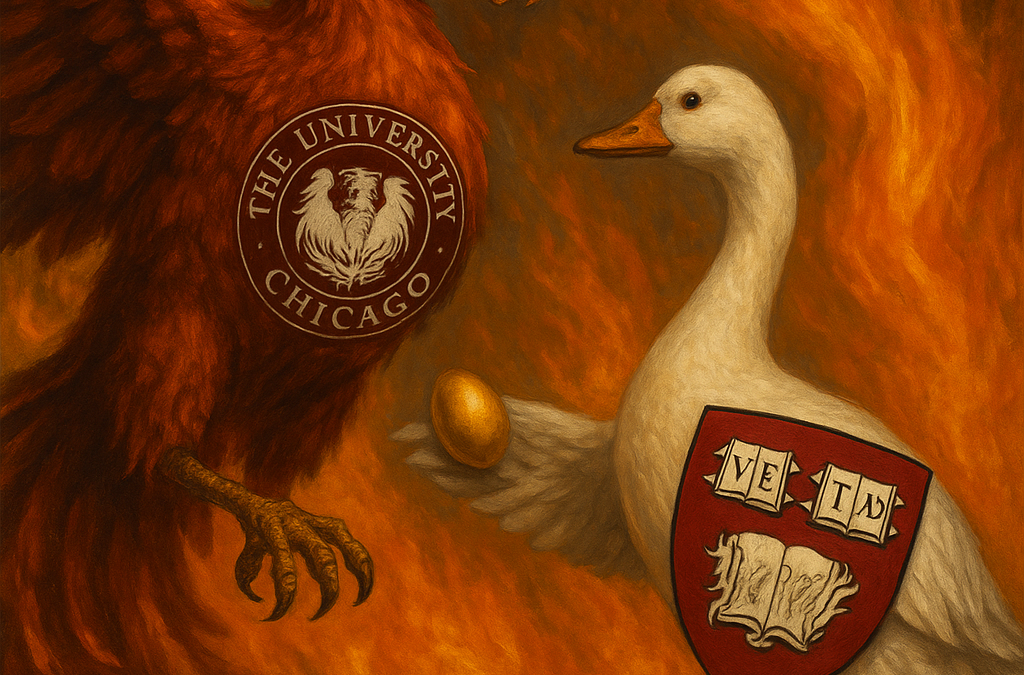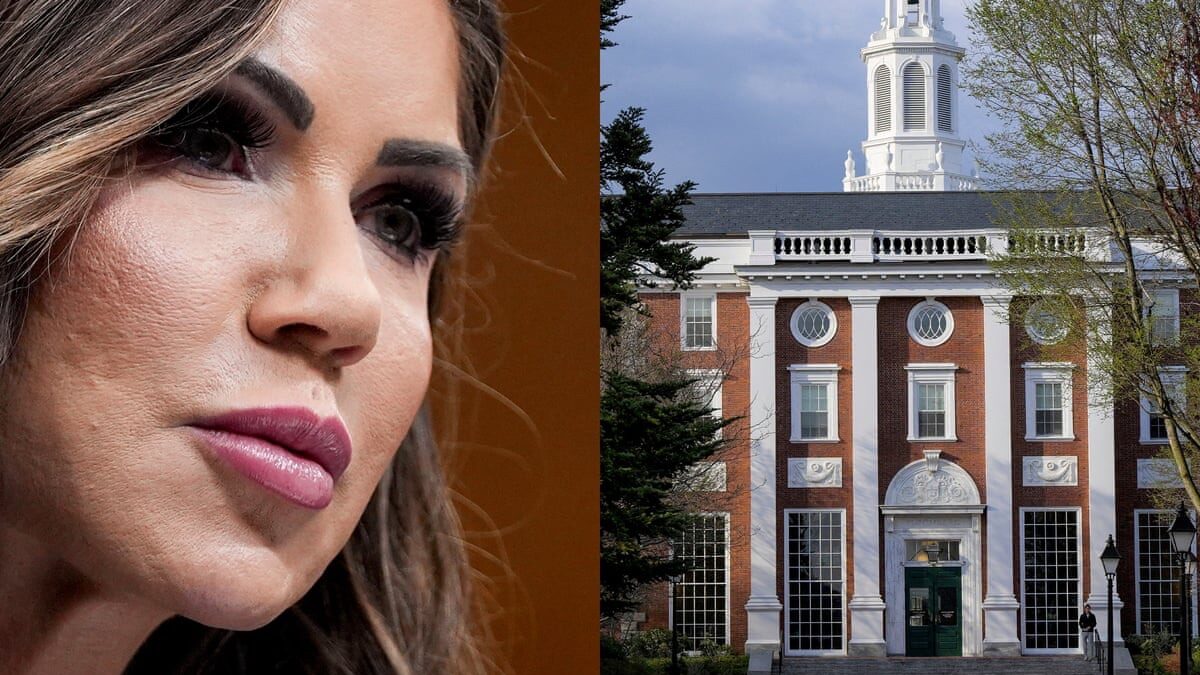
I often think a lot about charity and altruism. I think that it is noble to give unto others in many different ways. This is something that I cannot deny. Almost every single fibre of my being, schooled by the lessons of morality and the chidings of adults who taught me moral values at an earlier point, only to later turn out not to be such shining exemplars as those that I had imagined when I was younger.
Yet I have seen enough of the reality of the world to understand that gifts are truly things that we should not have any prior expectations about, in terms of how gifts should be used. It has been difficult to come to this way of thinking because I think that in many ways, when we give, we expect to make a positive difference and we want the world to go in the way that we imagine it will go, that our gift will end up making the impact that we believe or think that it will. As time has gone by though, I’ve come to see innumerable situations whereby that hasn’t happened.
During the course of a recent church session, what happened was that the pastor who was in charge of the start of the service basically said that he had an experience in which he wanted to give a thousand ringgit and had it stolen from him.
After this, he said that he decided to give anyway and then during the course of the year he nonetheless received a promotion and various other benefits along the way including a bonus for the very first time in his life.
At this time I thought to myself about whether one should give with any expectation as it seemed that the pastor was encouraging us to believe at that time, and I thought back to all the previous instances in which I had given unto others only.
I thought back to the time when I had donated a thousand ringgit to a starving Myanmar refugee apparently who apparently wanted to become a pastor and wasn’t getting supported by his own congregation but nonetheless wanted to continue getting funds from me and from the people who were in the church.
He didn’t want to work for some reason and apparently used the money that we had given him in order to buy household appliances and things of that nature. I remember at that point after having given unto that particular cause that I felt wrong. I felt that there was no point in having done any good to that particular person who refused to pull himself up by his own bootstraps and assist himself in being able to coordinate the circumstances necessary for him to preach God’s word.
What kind of preacher was he if he was unable to secure the support of his congregation in order to do the things that he wanted to do?
I remember feeling wronged at that point in time – Angered that he, rather than trying to turn his life around by making a living, thought instead to obtain resources from us thinking that it was going to be a continued thing. But he, instead of seeking assistance from those that he purported to serve, thought to rope in strangers who decided to give simply out of goodwill on one particular occasion, not only taking their gift for granted but in turn demanding more, without even so much as a hint of gratitude.
But that was simply a monetary gift, and that was simply one instance. I have given much more in other situations and on other occasions, which I think it would be uncouth to mention to a great extent. But suffice to say, what I can conclude is that it hasn’t always paid off.
As I thought about some of those things and reflected upon them, it made me think first one time, then two times, then for a third, fourth and fifth time as I cycled through all of those experiences inside my mind of the times that I had given.
I realized in that moment that yes, it was true, that in those previous instances I was not rewarded. If I looked to the future, I could anticipate or imagine that I would not be rewarded then either. I looked again into the future and recognised even further that perhaps, even if I should give at some later point, that the reward would not be apparent, nor would it be extensive and that very well I could simply decide on the turn of a moment that giving should be therefore an impossibility for me and something that I should not even abide.
But then thinking about it again, I recognised the true value of being able to give without any prior expectation.
I think that we live in a world where we won’t necessarily be rewarded for the things that we do; a dark and fallen world, where often kindness is replayed with treachery and good deeds with betrayal. It is not to say that there are no good people in the grand scheme of things, merely that while there are good people, it’s a much more rational bet to assume that if one decides to grant a good deed unto someone that is rational on the balance of things to expect, that nothing good will come out of it beyond a smile rather than a friendship of sorts.
Of late though, as I contemplate how far I’ve come from the years before, I recognize that the part of me that is willing to abide all of that and to give nonetheless has grown in measure. And where I am now is a reflection of that accentuated desire and ability to give, often with no reward promised or anything else of that nature. It’s hard to say exactly why things happen in that way, but when I look closer and closer down to the very depths of my soul, I see that it is what has come to pass.
Of what significance is a gift in the grand totality of things?
The other conscious beings to whom our gifts may be due have no obligation to repay them. To expect them to do so would be an act of folly, one based upon a flawed assumption of human beings. So I came to recognise.
Who, after all, can expect their fellow man to simply grant back unto them that which they have given?
I recognised this somehow in the midst of the days and months ensuing after those other unpalatable giving experiences… But over time I came to understand something else: That if I were in the position of a receiver and I knew that somebody had given me something with an intention or a goal in mind, that I would be less likely then to evaluate the gift as coming from somebody with a good heart or with a good soul, but rather something that had simply been extended in service of accomplishing an outcome; it would be entirely natural for me to just accept the gift and to think no further of it.
How strange and paradoxical it seems that my desire at that point to be rewarded for the gift that I had been given in the form of observing some sort of outcome that would take place should itself be the foundation or root of another problem – the problem of not having the right intentions, which if we think about it through the lenses of human understanding, can be filtered through so many different reviewlets and possible streams at the end of the day that it shall soon become incomprehensible what the gift actually was for and whether it could in fact benefit the one who received it.
I didn’t know what to think about this realization when I first had it, but over time, it has borne a fruit that is rather different to what I had imagined during earlier years that simply came out during the course of the sermon.
Frankly, as I heard the pastor’s words, they fell from my ears when I listened to the hints of extrinsic motivation that seemed to come across in his appeal for the church to donate, of a promotion, promises of better jobs, promises of improved financial opportunities after the fact, promises that this investment that one made into the Kingdom of God would somehow yield a tangible return… When such an expectation should not even have been a part of the matter in the first place.
When I regained my presence of mind however I recalled at that point in time that ultimately giving was its own reward – That it was an affirmation not only of my ability to give, but also of my willpower to help my community by being willing to sacrifice something for the sake of another.
I did not know, and I still don’t know, how my gifts of money and time or anything else will eventually impact the people around me. And frankly, as I think about it right now, I realise that it does not matter to me. Because while it’s true that I would like to see people’s lives improve, that cannot be the ultimate determinant of whether or not I choose to give in the first place. It has to be more sophisticated than that, something deeper, something that is It’s based more on something sustainable such as an innate desire which over the course of time has progressively grown inside me to be able to make a difference to the world around me, even if it’s something that I cannot personally see in the course of my time on the planet.
I recognized at that point in time in the sermon and through the unsuited motivation that if I was willing to sacrifice and was able to sacrifice, that was enough for me – Not because a person can meaningfully expect a reward in the same way that the pastor did somehow receive a reward, but rather because I’ve recognized that giving is good for me: It helps us to recognise that I have something in this world that is valuable to others. It helps me recognise that the gift of my resources can in turn support the people of another generation and plant trees in places that I may not have seen. It pays homage to the realization that somehow or another, through the sacrifice of certain gifts that I have in the present moment, I can make a better future for others in areas that we cannot reach, in places that we cannot touch even though I may never decide that future.
It reminds
“I slept and I dreamt that life was joy. I awoke and saw that life was service. I acted and behold, service was joy.”
Somehow or another, the words of that quote from Rabindranath Tagore, quoted by Tharman Shanmugaratnam, ring clear to me. Somehow or another, in the midst of that sermon, I recognised the truth of that final statement that service somehow was joy, and contemplated:
And as I contemplated, I extended my phone, scanned the QR code, and gave. I don’t know how my soul is being refined, but what I do know is this, that as of late, my focus has become more directed towards community, towards changing things, towards changing myself. I don’t know how much impact or difference a single person can make upon this world, and I think that it is presumptuous to over-consider that question.




